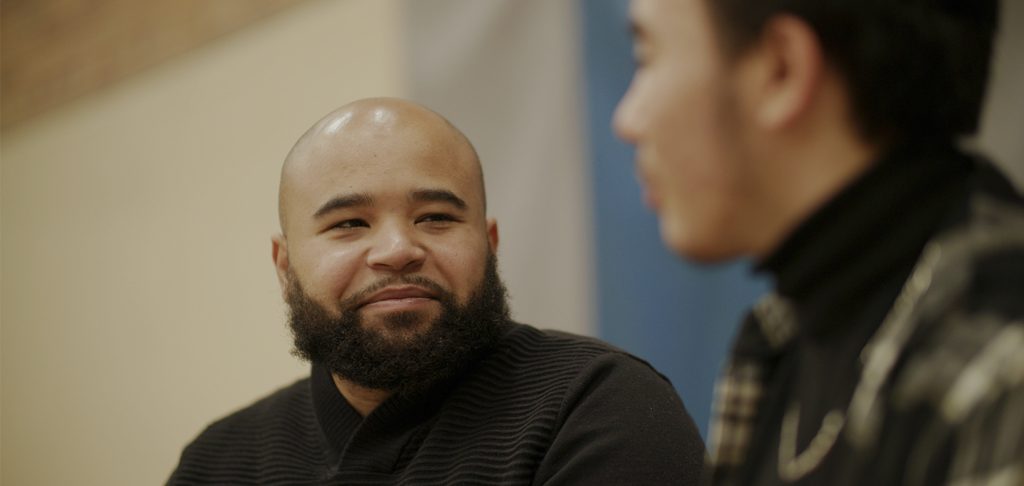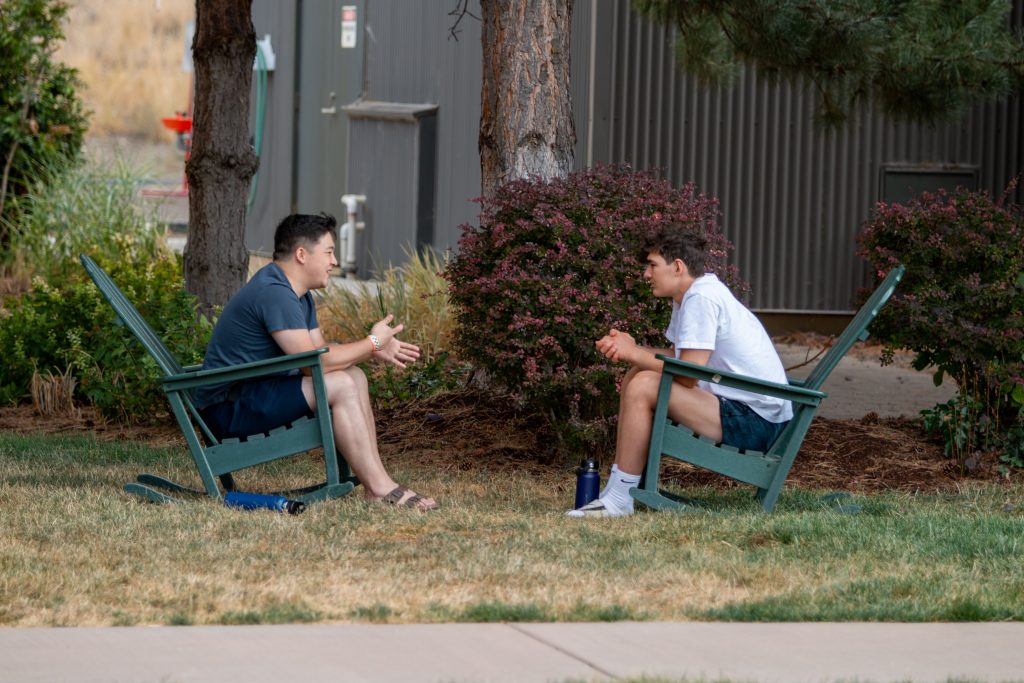Perhaps one of the most eye-opening results of the Young Life research into Generation Z surrounds their concept of self. Older generations have often assumed this generation is self-absorbed because of the type of content they put out on social media.
But today’s young people might argue they possess a larger world view than they’re often credited for by their elders. While they may not use the word empathetic, it aptly captures the emphasis they place upon paying attention to, and speaking up for, the social needs and causes they deem important.
Contrary to popular opinion, rather than viewing themselves as kind of a big deal, they prefer to just see themselves as kind, period!
In fact, of all the words Generation Z could come up with on their own to define themselves, the two most commonly cited were kind and good.
In Young Life we love that these are the qualities they aspire to, and we want to help them grow in both! After all, we follow the ultimate model of kindness and goodness: Jesus Christ. Consider this passage in the apostle Paul’s letter to Titus:
“But when the kindness and love of God our Savior appeared, he saved us, not because of righteous things we had done, but because of his mercy. He saved us through the washing of rebirth and renewal by the Holy Spirit, whom he poured out on us generously through Jesus Christ our Savior, so that, having been justified by his grace, we might become heirs having the hope of eternal life” (Titus 3:4-7).
These beautiful sentiments show us that each person of the trinity — Father, Son, and Spirit — are extremely concerned with both the kindness that leads to salvation, and the kindness that should mark a follower of Jesus.
Whether the kids we’re working with follow Jesus or not, we try to point them to the One who loves them more than anyone else. We attempt to follow his lead by showing them kindness in what is often an unkind period in their lives. After all, some of the greatest times of thoughtlessness, harshness, and cruelty tend to appear in the middle school through college years.
Jesus is the master at asking wise questions. We can follow his lead in this too by asking our young friends questions like the following to help them envision what kindness looks like:
- Do you see kindness practiced a lot in your school?
- Who among your friends are the kindest? What makes you think that?
- What would kindness look like in your day-to-day world?
- Who are the kids in your school who could use some kindness?
- Who are peers that you could be kind to this week?
- Why do you think Jesus was kind? What might this tell us about God?
The world longs for compassion, decency, and grace — all synonymous with the word compassion. The fact that Gen Z wants to be marked by terms like these is profound, not only for the world in general, but for them personally. That they long to exhibit the character of Jesus (whether they realize this or not) gives us great hope for them and their future, as well as for the generations to follow!
To learn more about Young Life’s research on Generation Z and Gen Alpha, and to download your own copy of The RELATE Project report, click here.To become one of the thousands of trusted adults in Young Life’s volunteer network, or to find out how to connect with Young Life in your area, click here!






